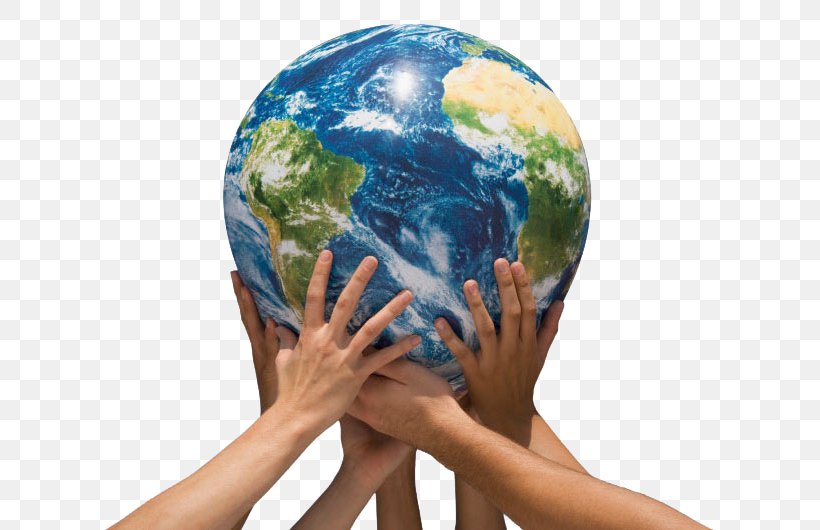Kindness In Times of Challenge
What is the greatest challenge caused by the Corona virus pandemic that you face right now?
For some it has been losing friend and family before their time.
For many there is financial stress, the strain of living under lock-down, or the even greater challenge of self-isolation.
For key workers like NHS staff there are the intense pressures of working under incredibly strenuous circumstances.
The challenges that most affect us will vary, but for everyone the immediate future is a very difficult time.
What does pandemic tell us?
For me the pandemic makes two things abundantly clear. Firstly, the virus reminds us that all 7.8 billion of us on planet earth are interconnected…members of the same human race. We share the same fundamental biology - and emotions.
Secondly, we see how many people are taking action to support and help others. Equally we know of instances where a lack of kindness can cause significant and often ultimately unnecessary distress, with for example unscrupulous people profiteering and running scams. However, overwhelmingly there appears to be much more kindness than lack of kindness as evidenced by many every day examples of generosity and care reported in the media and the 700,500 people here in the UK who have committed to working as volunteers to working to support the national health system and bringing food to vulnerable people self-isolating.
Kindness as a solution
A collective surge of kindness is a much-needed part of the solution to COVID19 and perhaps we understand this intuitively.
Hang on a minute, kindness is all well and good, I hear you say, but what really need right now are medical, scientific, practical and financial solutions. We definitely need more testing, protective equipment for medical staff, effective drug treatments, a vaccine, education and childcare provision, and economic support. Of course we do!
Equally it is true that a commitment to kindness underpins and speeds up our collective capacities to create solutions.
Human beings are a social species evolved to live in groups. To overcome challenges, groups depend on key social resources such as trust, honesty, knowledge, creativity, co-operation, sharing, commitment, psychological safety, hard-work and what the queen called fellow-feeling. Threat, fear and selfishness deplete these resources. Kindness protects and replenishes them. When there is more kindness we survive and thrive better. Indeed, our capacity to be sensitive to the needs of others and be motivated to take action to care for them and support their wellbeing is encoded into our genes. As humans we are programmed and wired to be kind in a range of situations. We know this because studies with very young infants evidence the existence of an innate kindness response. Infants when presented with an adult or other infant in distress, take action to help without any prompt or reward. The concept of “survival of the fittest” is often cited to justify the “naturalness” of the harsher consequences of our competitive neo-liberal capitalist system but Darwin himself clearly understood the fundamental importance of kindness for societal success writing in Descent of Man and Selection in Relation to Sex:
“Sympathy will have been increased through natural selection for those communities which include the greatest number of the most sympathetic members, would flourish best, and rear the greatest number of offspring”.
Kindness research and the UK’s expertise
Kindness is not just good for society. Research shows receiving and giving kindness is associated with improvements in heart health, reductions in inflammation and strengthened immunity. One study found that by simply watching a video of people performing kind acts significantly raised the level of antibodies in people’s saliva. We also know from many studies that being kind to others and to oneself prevents or reduces mental illness.
The research on kindness has exploded in the last ten years. Education research shows that kindness in the classroom improves academic performance. Management research shows that kinder organisations performance better. Medical science research from Harvard indicates that regularly having kind intentions is associated with healthier cells and less DNA damage.
So, kindness is good for us! But as we all know human nature is complex and people are not always kind. This is why understanding and connecting with research can help to facilitate kindness and harness its power.
In the UK we are lucky to have world leading know-how. We have Professor Paul Gilbert, founder of compassion focussed therapy. We have Professor Michael West and his expertise in promoting compassionate care in the NHS. We also have Dr David Hamilton’s popular books on the science of kindness.
The UK can and should become a world leading in applying the science of kindness to improve outcomes in healthcare, education and business.
Kindness Advantage has identified six ways in which kindness can help us get through the challenges we face. Every week we will be making a new video on the hows and whys of kindness to explain how prioritising kindness can helping us face our current challenges.
We are also been offering remote interactive and motivational zoom presentations on kindness which have proved popular. We can happily forward feedback that I have received and I would love to inspire and empower your team too.
This pandemic is changing us. Now is our chance to determine the communities, the businesses and the society we will be on the other side of this challenge. We can all do our part in ensuring that the legacy of these times is one that leaves us in a better, kinder world. The worldwide application of the science of kindness in all contexts will help us remould our collective humanity to be more healthy, productive, and compassionate. We can create a sustainable, safe, fair and happy world for us all. Let’s facilitate, prioritise and scale up kindness together!



